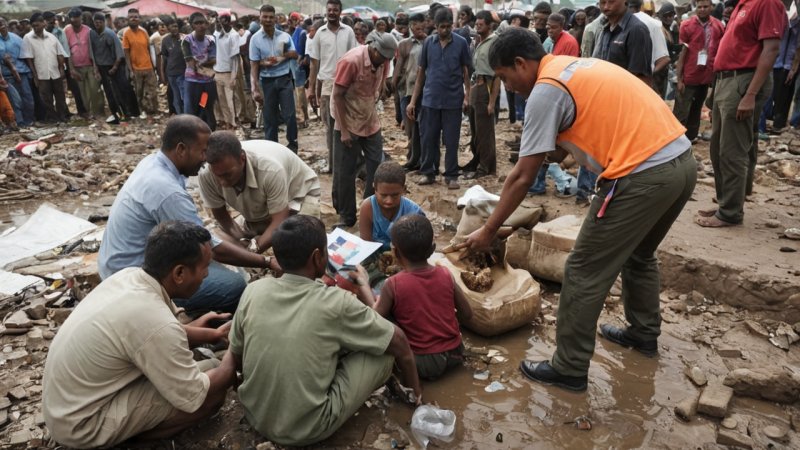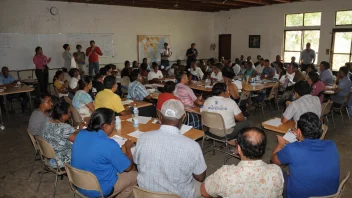In the world of humanitarian aid, relief operations play a vital role in alleviating suffering and restoring dignity to those affected by disasters and conflicts. However, the success of these operations hinges on specific principles that guide their execution. Understanding these principles can help organizations and individuals effectively contribute to relief efforts and ensure that aid reaches those who need it most.
One of the foundational principles of humanitarian relief is the importance of impartiality. Aid must be provided based solely on need, without discrimination. This means prioritizing assistance for the most vulnerable populations, including children, the elderly, and individuals with disabilities. By adhering to this principle, relief organizations can foster trust within communities and ensure that support is equitable.
Another critical principle is the necessity of accountability. Humanitarian organizations must be responsible for their actions and transparent about their processes. This includes providing clear information about the type and amount of aid being delivered, as well as how decisions are made. Establishing feedback mechanisms allows affected communities to voice their concerns and experiences, promoting a sense of ownership and engagement. This accountability fosters a partnership between aid providers and recipients, empowering communities to take an active role in their recovery.
Collaboration is also essential in successful relief operations. Humanitarian crises often require a multi-faceted response that involves various stakeholders, including local governments, NGOs, and international organizations. Building strong partnerships can enhance the effectiveness of relief efforts by leveraging the unique strengths and resources of each participant. Regular coordination meetings and shared communication platforms can facilitate collaboration and optimize resource utilization.
Sustainability must be a consideration in all humanitarian relief efforts. While immediate needs are often the focus, long-term recovery and resilience-building should also be prioritized. This means integrating development-oriented approaches that empower communities to rebuild their lives and livelihoods. For instance, providing training programs that enhance skills and create job opportunities can help individuals regain their independence and contribute to their community’s recovery.
Cultural sensitivity is another vital principle in humanitarian aid operations. Understanding local customs, traditions, and social dynamics can significantly impact the effectiveness of relief efforts. Engaging local leaders and community members in the planning and implementation phases ensures that aid is relevant and respectful of cultural values. This approach not only enhances the acceptance of relief efforts but also fosters community ownership and participation.
Lastly, flexibility and adaptability are crucial in the ever-changing landscape of humanitarian crises. Conditions on the ground can shift rapidly, requiring organizations to pivot their strategies and approaches. Maintaining a flexible mindset allows humanitarian workers to respond effectively to emerging challenges and seize opportunities for improvement. Regularly reviewing and adjusting plans based on real-time information can enhance the overall impact of relief operations.
In summary, successful humanitarian relief operations are guided by principles of impartiality, accountability, collaboration, sustainability, cultural sensitivity, and flexibility. By embracing these principles, organizations and individuals can contribute to meaningful and effective humanitarian responses, ultimately improving the lives of those affected by crises. Each of us has a role to play in this vital work, and understanding these principles can empower us to make a difference in the world.
Key Principles for Successful Relief Operations
Understanding key principles can enhance the effectiveness of humanitarian relief efforts and empower individuals to make a difference.






